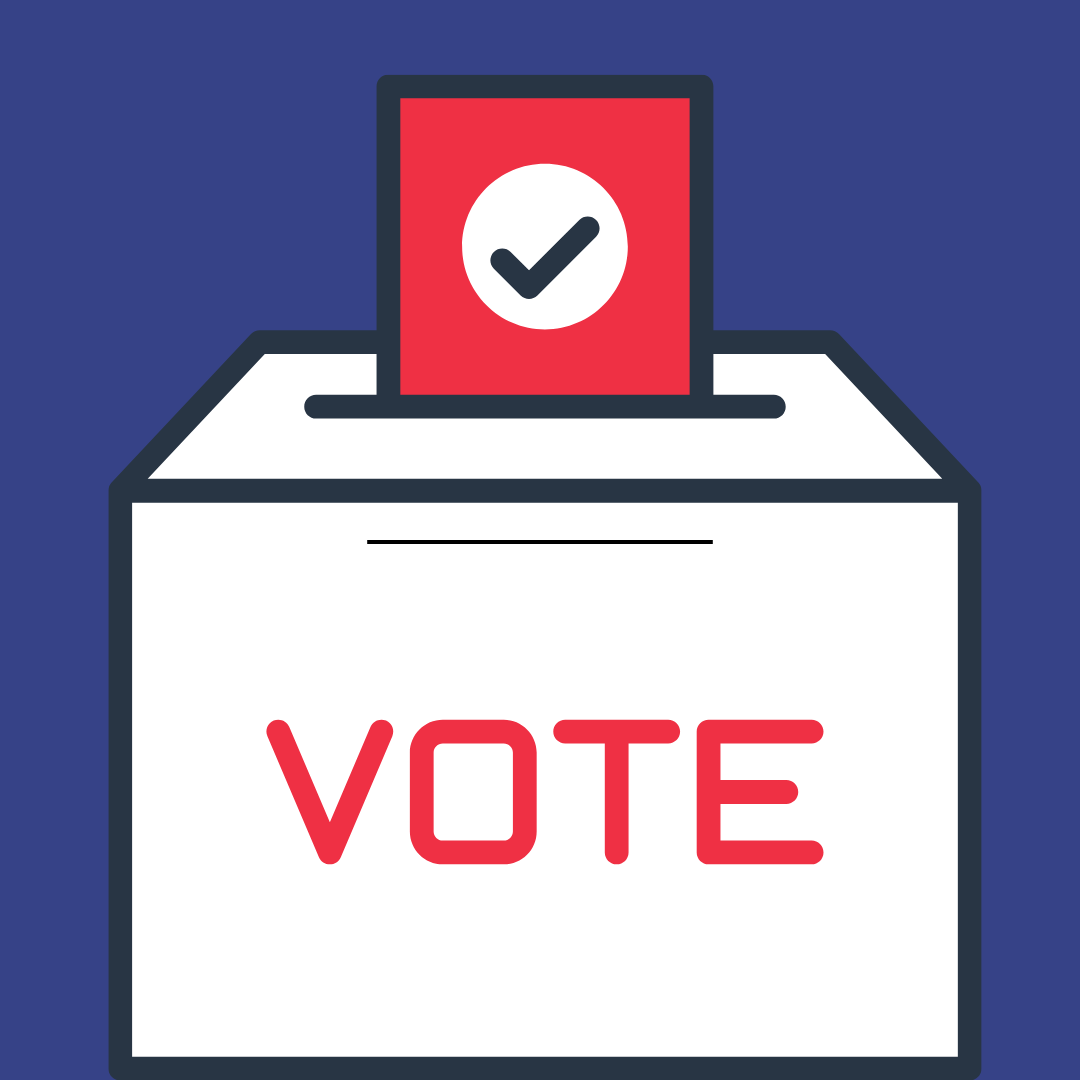Beyond the Ballot: Early Voting and the Election

“Beyond the Ballot” is a column presented and created by the PHHS Politics Club. This column will explore electoral information, congressional controversies, and senatorial stories! Stay tuned for biweekly updates from your brand-new news source.
We are just shy of Election Day!
On Nov. 5th, 2024, the nation will undergo the pivotal process of welcoming the new president! This year is unique, with, arguably, the most infamous president ever (Donald Trump) running for a second nonconsecutive term against the sitting Vice President, who managed to be handed the nomination in lieu of the sitting President. As political tension has reached an all-time high in America, the events of Tuesday, Nov. 5th, will move to change the future of the nation.
Even now, early and mail-in ballots are flooding into processing centers, and there are some shocking results. Historically, Republicans have been less likely to early or mail-in vote. While this seems arbitrary, this always meant that people were less likely to come out and vote. This was amplified in the 2020 Presidential election, where then-President Donald Trump urged his voters to not vote via mail-in ballot, due to his concerns over fraud/legitimacy.
However, as discussed in previous articles, the strategy of the Trump campaign has shifted dramatically since 2020. The Trump campaign in 2016 didn’t believe they could win, which helped them win. The Trump campaign in 2020 didn’t believe they could lose, which caused them to lose. The Trump campaign now seems more poised than ever, given that they’ve tasted defeat in 2020. Now, they look to face (and overcome) the same hurdles.
The strategy of the Trump campaign no longer revolves around so-called “election misinformation.” Rather, it still clings to the same sentiments stated in 2020 but presents a front of greater legitimacy and looks to win a strategic victory. On-the-ground efforts from grassroots Republican movements have been largely successful, with Republicans showing up in droves to vote early.
In New Jersey, a consistently blue state, early voting as of Oct. 30th has indicated an extremely small margin between registered Republicans and Democrats in early voting numbers. In addition, early voting or VBM (vote by mail) numbers have risen since the last three election cycles, with a total of 135,000 votes cast on the first day alone.
This trend is not only present in New Jersey: battleground states see huge numbers of voters on both sides coming out to support their chosen candidate. Both sides are ramping up media coverage regarding the election, with partisanship increasing once again. The Trump campaign maintains that Harris is a threat to the nation’s future, while the Harris campaign asserts that Trump is a threat to democracy and akin to a Nazi.
Tim Walz, Vice Presidential nominee for the democratic party, compares Trump’s Madison Square Garden appearance with a 1939 pro-Nazi event. Walz believes that Trump “knows what he’s doing” and is sticking to the “Trump extremist” narrative. As of this date, President Clinton and others have held campaign events at that very site, so the validity of the correlation being drawn is tenuous.
Meanwhile, the Trump administration considers Harris and Walz fascists due to their support of big government action. While equally unsubstantiated, the media coverage of pro-Trump messages has been lackluster due to the lack of widespread pro-conservative media outlets. Just like 2020, media coverage has been widely pro-Democratic as a whole.
Both sides have raised concerns about the election’s integrity and are also sure to create bogus claims after the fact. Iran, North Korea, and Russia are sure to be bad actors when manipulating American events, but as with Russiagate in 2016 and Georgia in 2020, there is little to no evidence on whether there were substantial changes in the election due to these issues.
For context, Russiagate was the issue in 2016 where Russia allegedly interfered in the campaign process. This was claimed by the Democrats. Georgia was the issue in 2020 where President Trump sought to challenge the election results by denying the integrity of the ballot-counting process.
BBRecapTM
No matter what is said before the election, the only thing that will reflect the will of the American people is the will of the American people. The ballots will speak for themselves, and sooner or later, we will have a new American President.
We urge everyone to remain calm in the days, weeks, and months after the election. No matter who wins, it’s important to keep our trust in the integrity of the Great American System that has protected our liberty thus far. It’s only logical to believe that it will continue to do so.
Sources:
https://thehill.com/homenews/campaign/4956168-walz-trump-madison-square-garden-rally/
https://www.cnn.com/2024/10/23/politics/trump-hitler-democratic-warnings-analysis/index.html
https://www.cnn.com/2024/10/13/politics/trump-mail-in-voting/index.html





